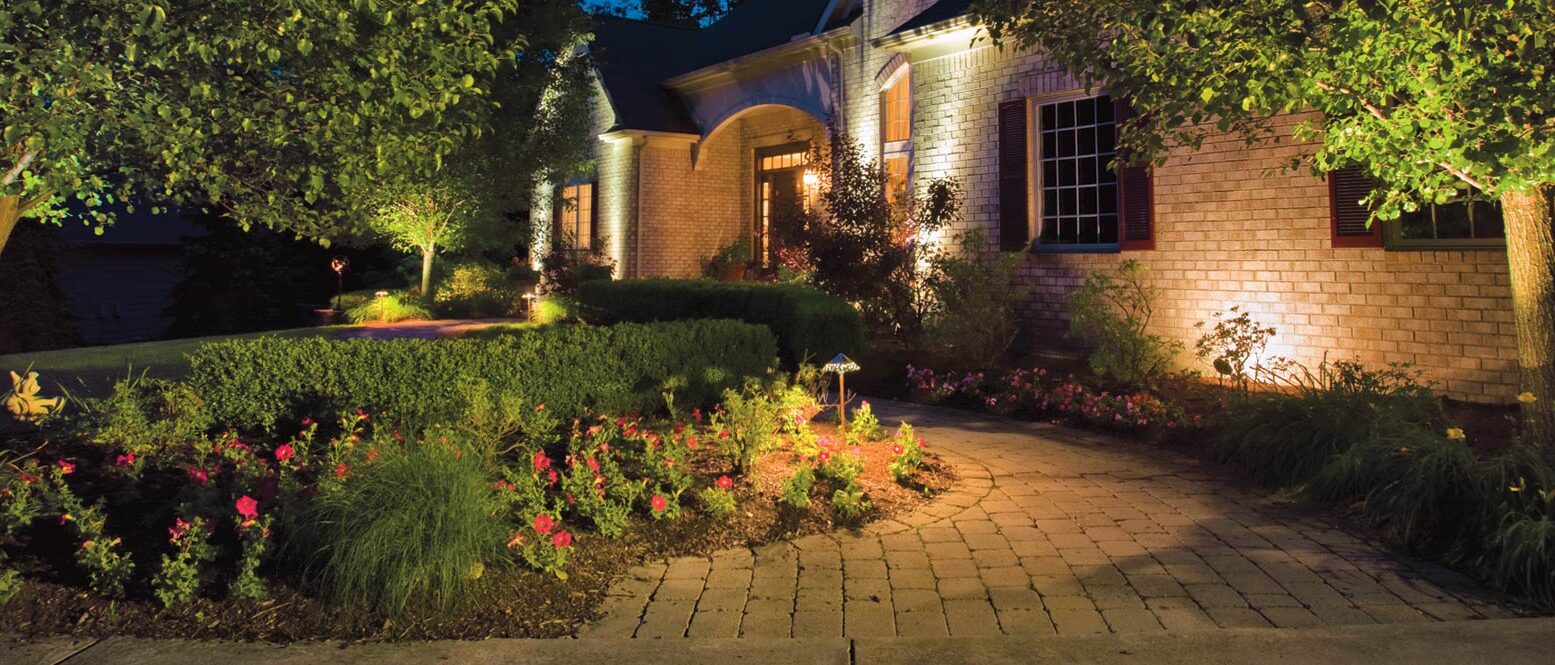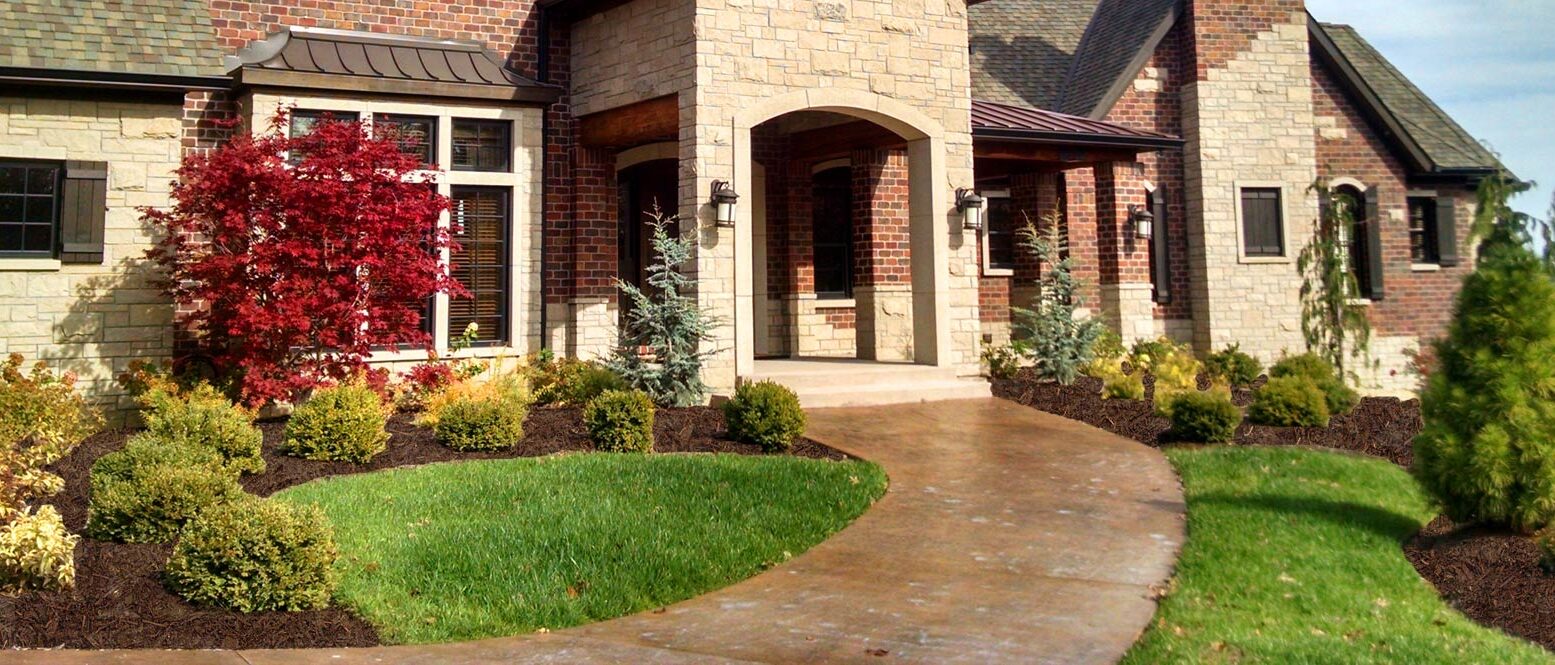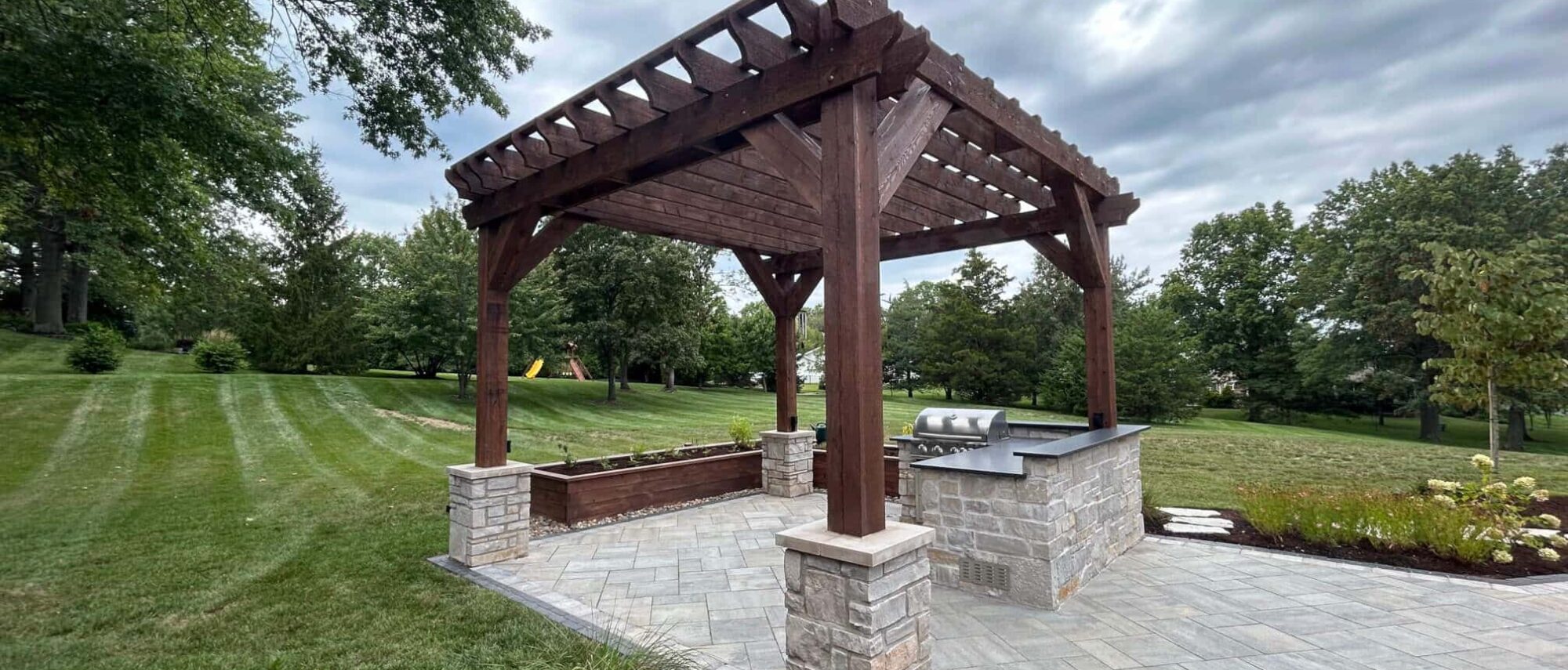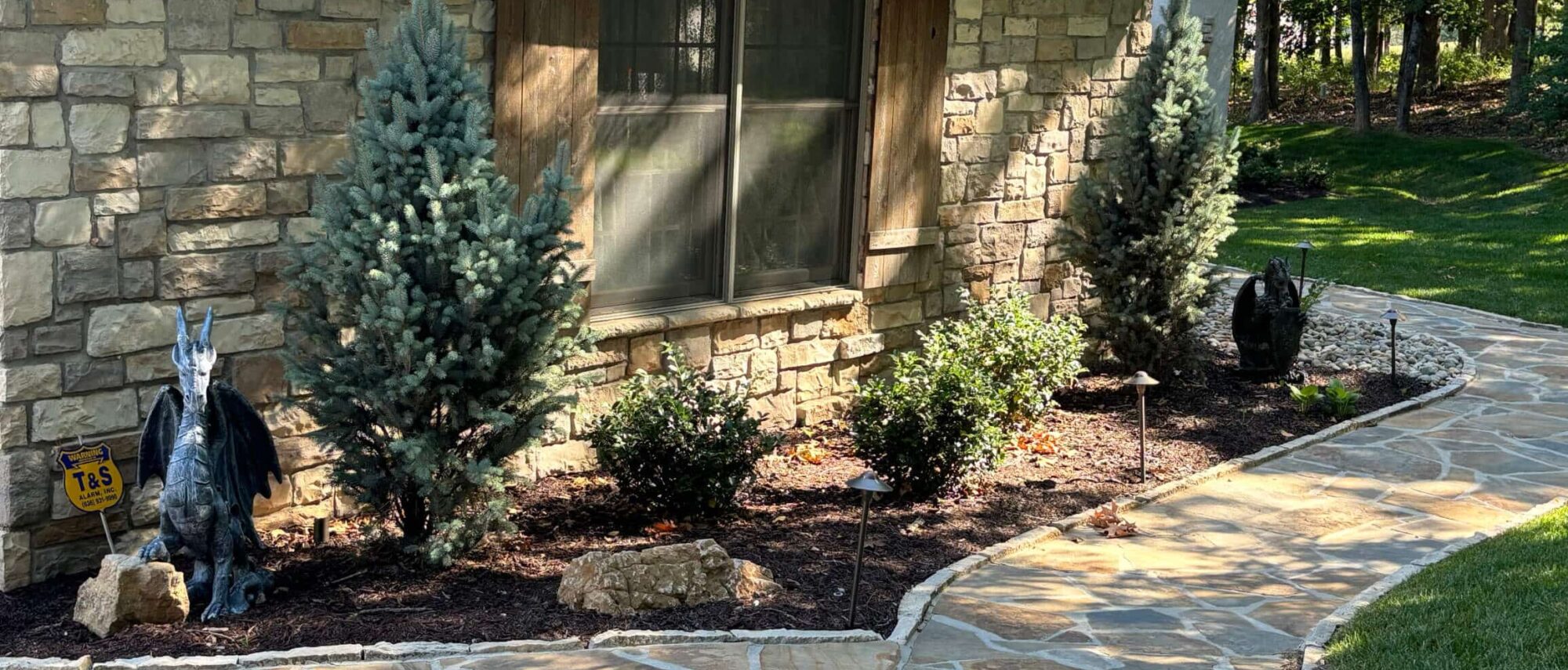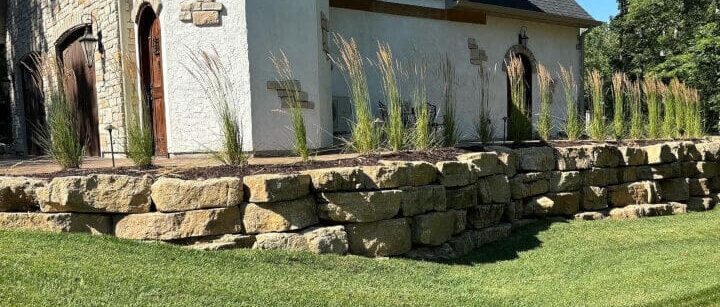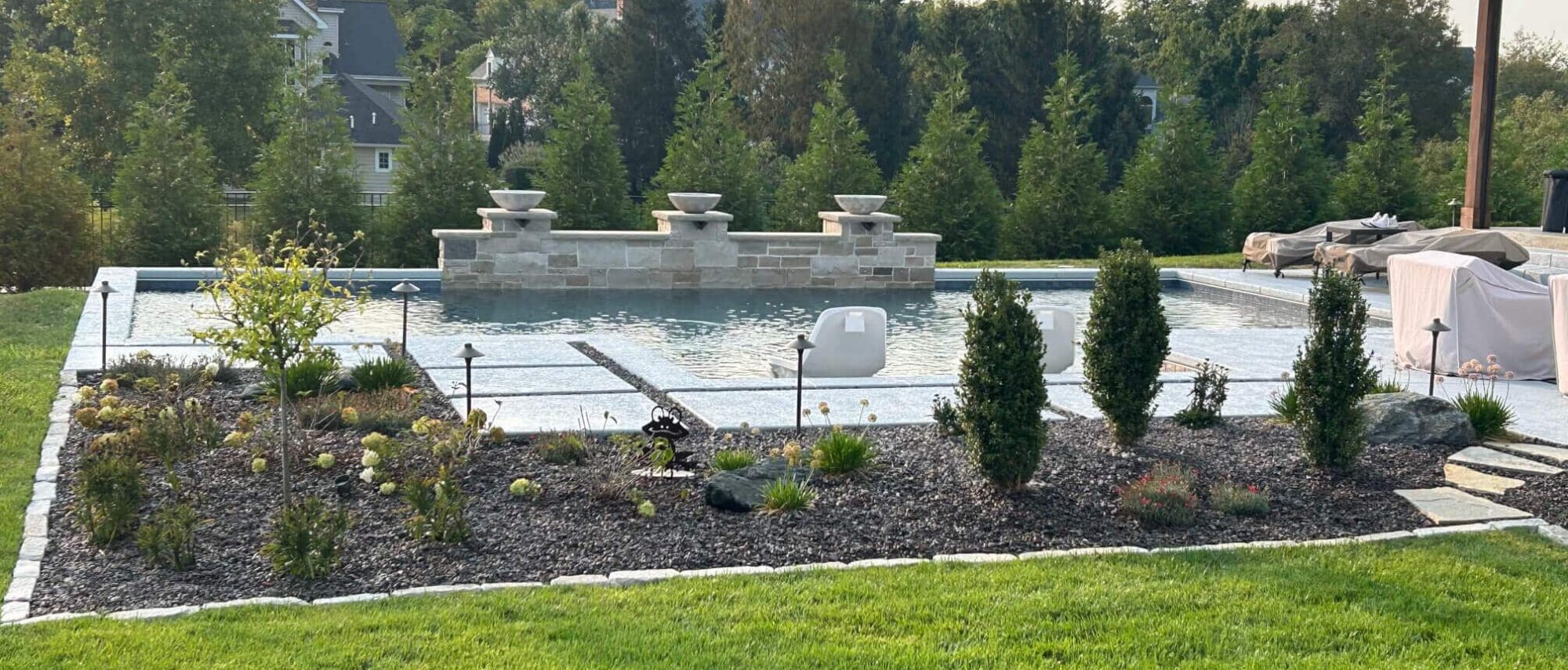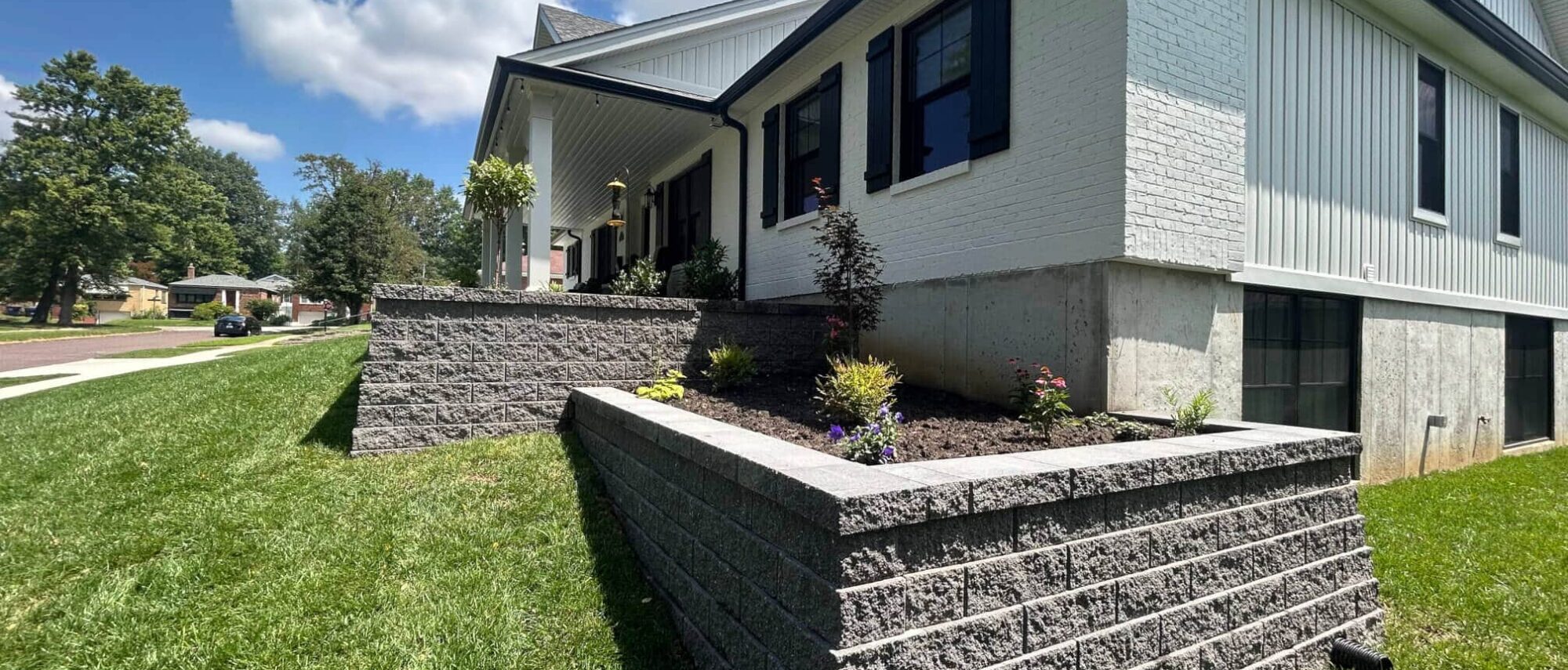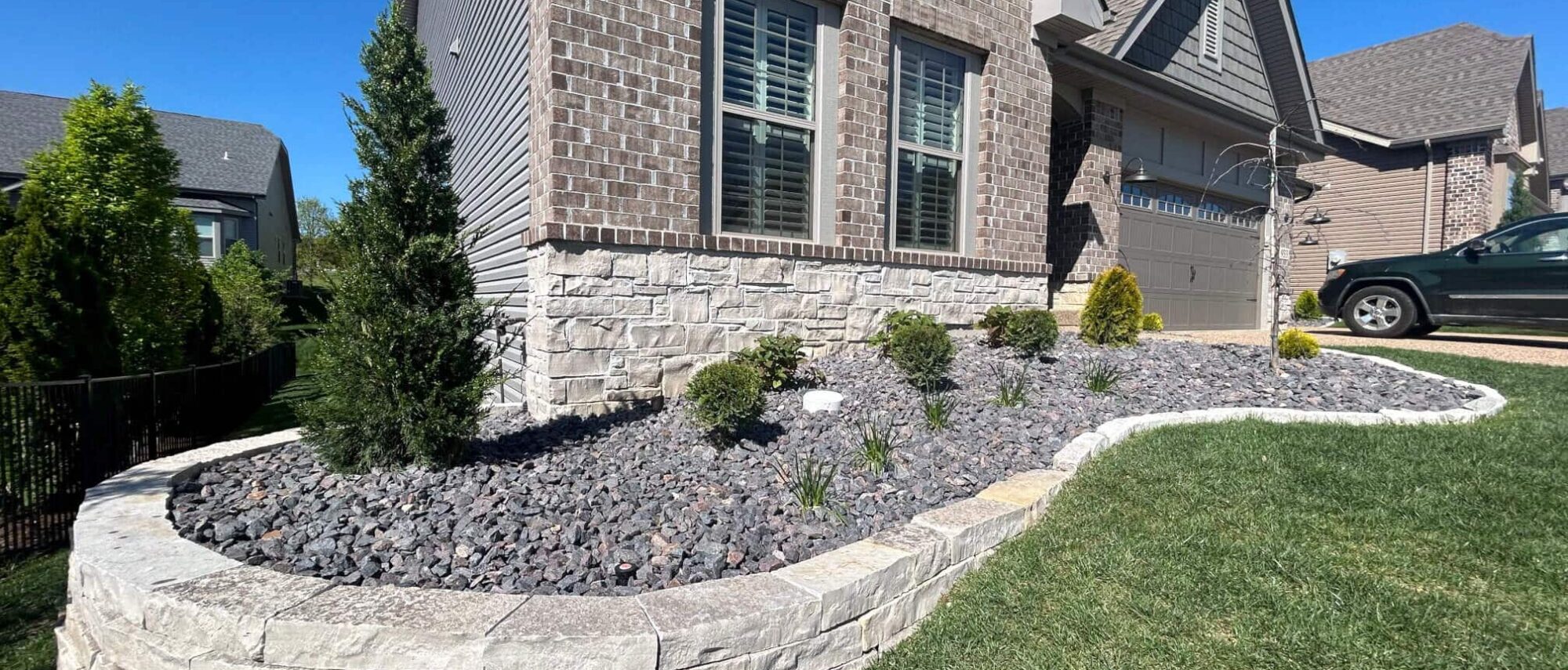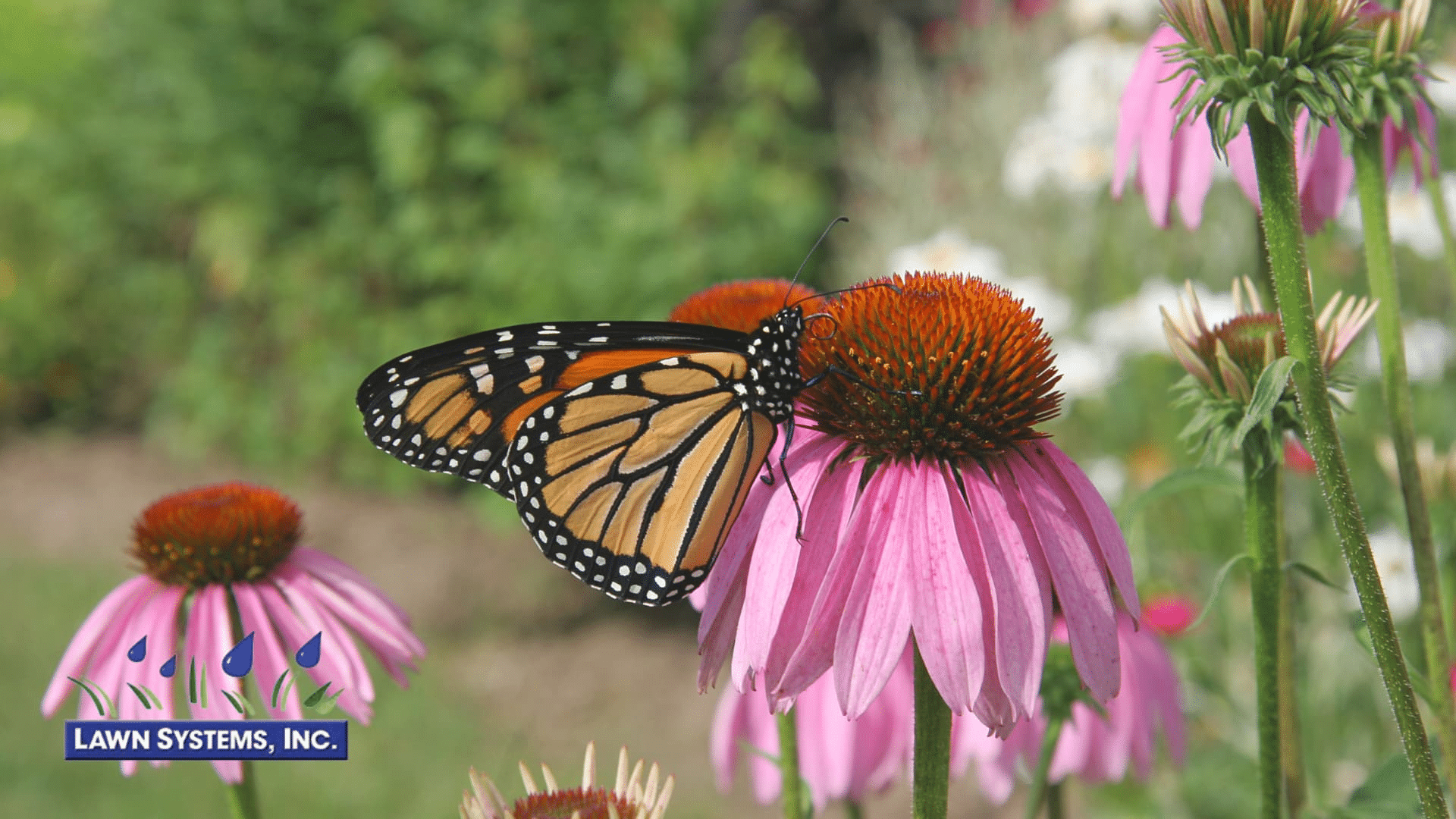As homeowners and landscapers in the Midwest, we’re constantly searching for ways to create beautiful, thriving outdoor spaces that require minimal upkeep and maintenance. One often-overlooked solution is the use of native plant species in landscaping. Not only do native plants offer a range of benefits for our gardens and yards, but they also play a crucial role in supporting local ecosystems and preserving biodiversity.
Low-Maintenance Requirements
One of the most significant advantages of using native plant species in landscaping is their low-maintenance requirements. Native plants have evolved over thousands of years to thrive in the Midwest’s unique climate and soil conditions, which means they’re naturally adapted to survive with minimal care. This translates to fewer hours spent watering, pruning, and fertilizing, and more time enjoying your outdoor space.
In contrast, non-native plants often require extensive maintenance to thrive in the Midwest’s climate. They may need frequent watering, fertilization, and pest control, which can be time-consuming and costly. By choosing native plants, you can reduce your environmental impact and save time and money on maintenance.
Resistance to Pests and Diseases
Native plants have also developed natural defenses against pests and diseases that are common in the Midwest. This means they’re less likely to be damaged by insects, fungi, and other pathogens that can devastate non-native plants. By using native plants, you can reduce your reliance on pesticides and fungicides, which can harm local ecosystems and contaminate soil and water.
Benefits to Local Ecosystems
Perhaps the most significant benefit of using native plant species in landscaping is their impact on local ecosystems. Native plants provide vital food and shelter for native wildlife, such as bees, butterflies, and birds. They also help to maintain soil health, prevent erosion, and support biodiversity.
In contrast, non-native plants can outcompete native species for resources, leading to a decline in local biodiversity. They can also alter ecosystem processes, such as nutrient cycling and water flow, which can have far-reaching consequences for local ecosystems.
Attractive and Versatile Native Plant Species
So, which native plant species are suitable for landscaping in the Midwest? Here are a few attractive and versatile options to consider:
Black-eyed Susan: This daisy-like flower is a staple of Midwestern prairies and meadows. It’s easy to grow, attracts pollinators, and blooms from mid-summer to fall.
Butterfly Milkweed: This perennial flower is a vital food source for monarch butterflies and other pollinators. It’s low-maintenance, drought-tolerant, and produces bright orange flowers in the summer.
Little Bluestem: This native grass is a popular choice for landscaping in the Midwest. It’s low-maintenance, tolerant of drought and heat, and produces a beautiful blue-gray foliage.
Purple Coneflower: This perennial flower is a favorite of bees and butterflies. It’s easy to grow, produces large, showy flowers in the summer, and can be used in a variety of landscaping applications.
Incorporating native plant species into your landscaping can have a significant impact on the health and beauty of your outdoor space. Not only do native plants require minimal maintenance and care, but they also provide vital benefits to local ecosystems. By choosing native plants, you can create a thriving, sustainable landscape that supports biodiversity and preserves the natural beauty of the Midwest.
Remember to look to our professional line of services to keep your home and business lawn and landscaping looking great and with our help – maintenance free! Our services include: Sprinkler Systems, Landscaping, Lighting, Water Drainage Solutions, Outdoor Living Concepts, Water Features, Fertilization – Take a look at our gallery and read more about lawn services on our blog!
We serve the St. Louis community and the surrounding cities: Ballwin, Clayton, Fenton, Chesterfield, Ladue, Kirkwood, St. Charles, Lake St. Louis, Webster Groves and our surrounding area, call us today!

